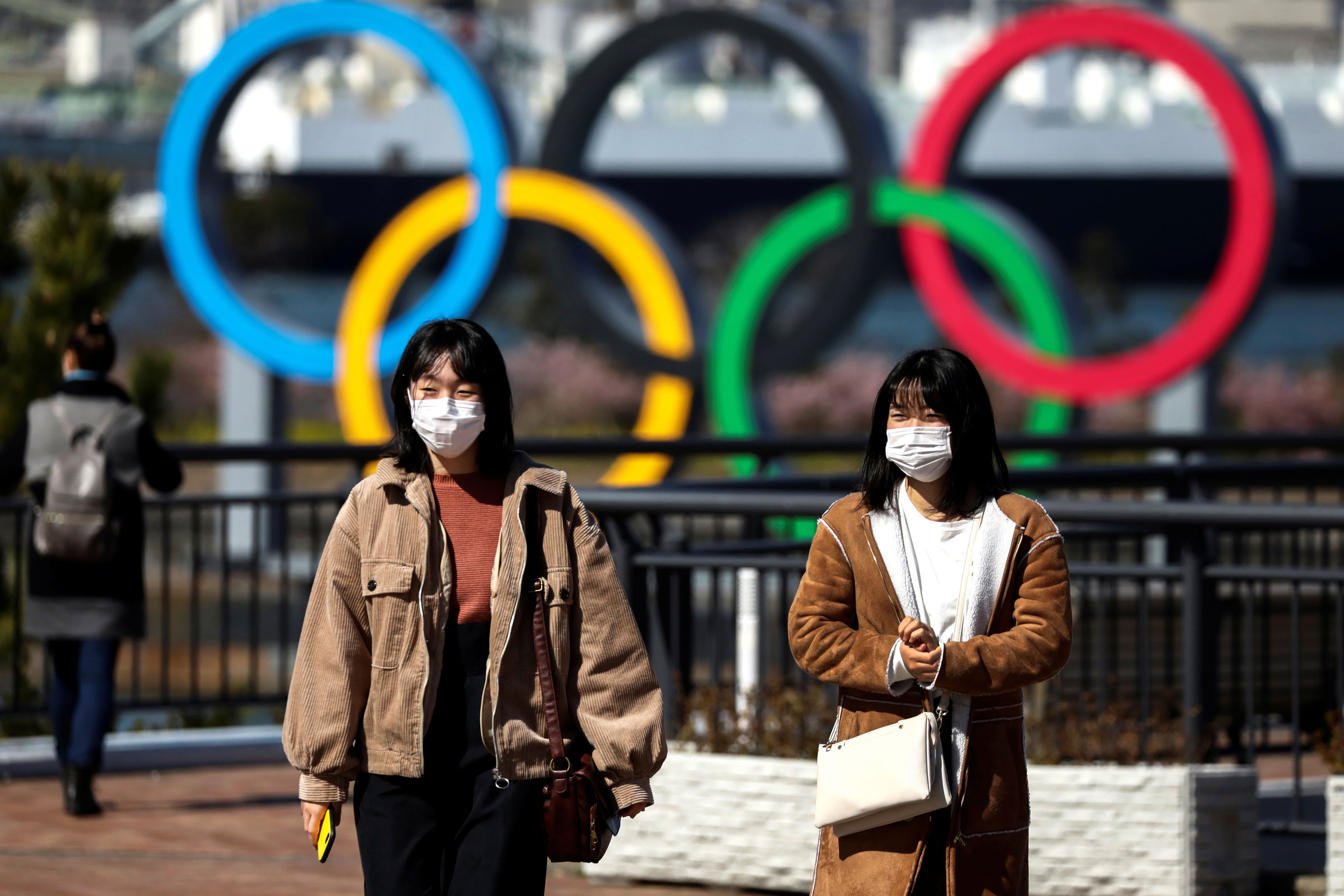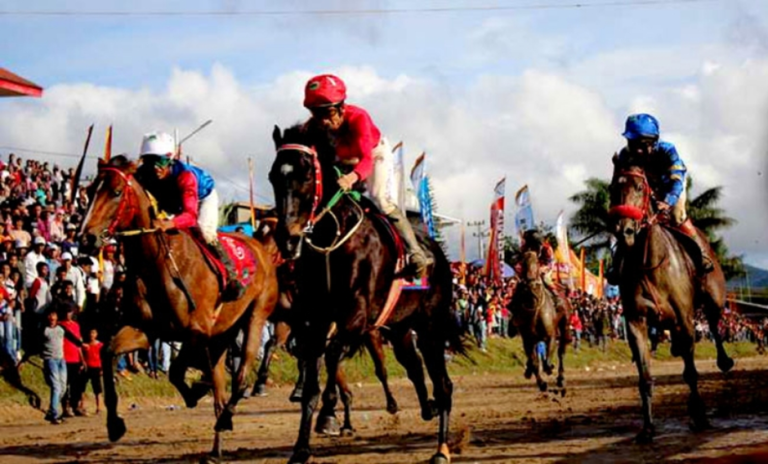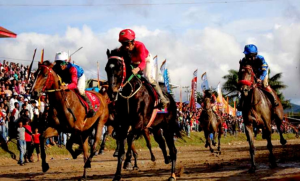The COVID-19 pandemic that attacks the world has an impact on all fields, including sports. It has been announced that Tokyo Olympic summer sports event was finally postponed to July 23 to August 8, 2021.
But did you know that Japan (Tokyo) has experienced “bad luck” 3 times, every 40 years in relation to the Olympics?
Such bad luck resulted in some people who thought that Japan (Tokyo) experienced a curse every 40 years! Now, let’s look at how the “curse” is.
Tokyo Olympics 1940
Tokyo local government represented by governor Nagata Hidejiro, in 1930 began to carry out activities (including promotion) to make Tokyo the venue for the 1940 Olympics.
In 1932, the Tokyo administration through the Tokyo Olympic Committee (JOC: Japanese Olympic Committee) sent a letter to the International Olympic Committee (IOC). The contents of the letter are Japan’s desire to host a summer olympic party.
At that time Japan was not very optimistic about winning the Olympic Games, for two reasons. First, there had never been a summer Olympics held in Asia before 1940. Then second, Tokyo’s location was not so strategic for athletes from European and American countries.
Tokyo was finally chosen by acclamation the following month as the venue for the 12th Olympics, at an IOC meeting held in conjunction with the Berlin Olympics in July 1936. After being officially chosen, Tokyo then prepares to determine where the main location of the match will be.
Finally the Tokyo regional government decided to build a new sports complex complete with the main stadium in Komazawa, an area located about 5 km west of the city of Shibuya. The Olympic building complex in Komazawa is planned to be built on an area of 2.67 hectares. The main stadium is designed to meet international standards with a capacity of 100,000 visitors.
Unfortunately, because of the war between China and Japan that occurred in 1937 (commonly known as the Sino-Japanese War), the Tokyo regional government had difficulty finding raw materials for the construction of complexes.
Then a lot of plans, both physical building construction plans as well as plans for organizing events related to the Olympics must be changed. This is because the importance of warfare is prioritized.
Over time, several countries also criticized Japan for the war. Then Japan is also worried that these countries will boycott the Olympics.
For these reasons, the Japanese cabinet officially decided to resign as the organizer of the 12th Summer Olympics party through JOC. So that the 1940 Tokyo Olympics finally did not take place.
Moscow Olympics 1980
The 22nd Summer Olympics were held in Moscow, the capital of the Soviet Union (now Russia). But, the Soviet invasion of Afghanistan at the end of 1979 triggered a conflict, causing a war between the Soviets and Afghanistan.
As a result, western countries, which are commanded by America, boycotted the Moscow Olympics. There are about 66 countries boycotting, and Japan is one of them.
There are several “losses” that befell Japan and its athletes due to the boycott. Among them, the Japanese men’s gymnastics team must be willing to release the title of 5 times in a row gold medal winners since the 1960 Rome Olympics. Then there are also a number of athletes who claim retirement because they cannot participate in this Olympics, such as Judo athlete Katsuki Kiyoto and Wrestling athlete Takada Yuuji.
Tokyo Olympics 2020
As we all know, Thomas Bach the IOC president finally announced the postponement of the Tokyo 2020 Olympics, which is planned to be held in July this year.
Many parties considered that the decision was appropriate because it was in accordance with the current situation and conditions. But there is an inevitable reality of the delay.
One of them is from the side of the athletes. They must repeat all the training schedules and tactics so that the physical and mental condition can be maximized during the Olympics in 2021.
Tickets have also sold approximately 4.5 million copies. For people who have already bought tickets, they don’t need to be discouraged. They can use it again for entry next year.
Moreover, places that are usually rented for exhibitions both locally and internationally (better known as convention halls) such as Makuhari Messe and Saitama Super Arena are also need rearrangment. The committee must coordinate again with the convention hall, because they also have a busy schedule for various activities in July next year.
Finally, what makes Japanese government to scratch their head is of course the cost of organizing the Olympics. According to data released by the government, the costs needed for the Olympics are 1.35 trillion Yen. These funds are jointly borne by the central government, the Tokyo regional government and the Olympic committee.
With the postponement of the Olympics until next year, in addition to these costs, there are additional costs that must be provided with an estimated amount of 300 billion Yen.
Nonetheless, the delay, not the elimination of the Tokyo Olympics is certainly good news for tourism businesses. Although they also became busy because they had to reschedule all activities related to the Olympics.
Of course it is not easy to reschedule an activity, let alone a world class event such as the Olympics. Because the effect is not only felt locally (domestic), but also globally (world).
We hope that the Olympic Summer Games will be held next year, not only to celebrate togetherness, friendship between countries, the spirit of portability, and to remove the 40-year curse. We also hope that the Tokyo 2020 Olympics which will be held in 2021 later, can be a party “victory” of humanity, in defeating a pandemic due to COVID-19.
















